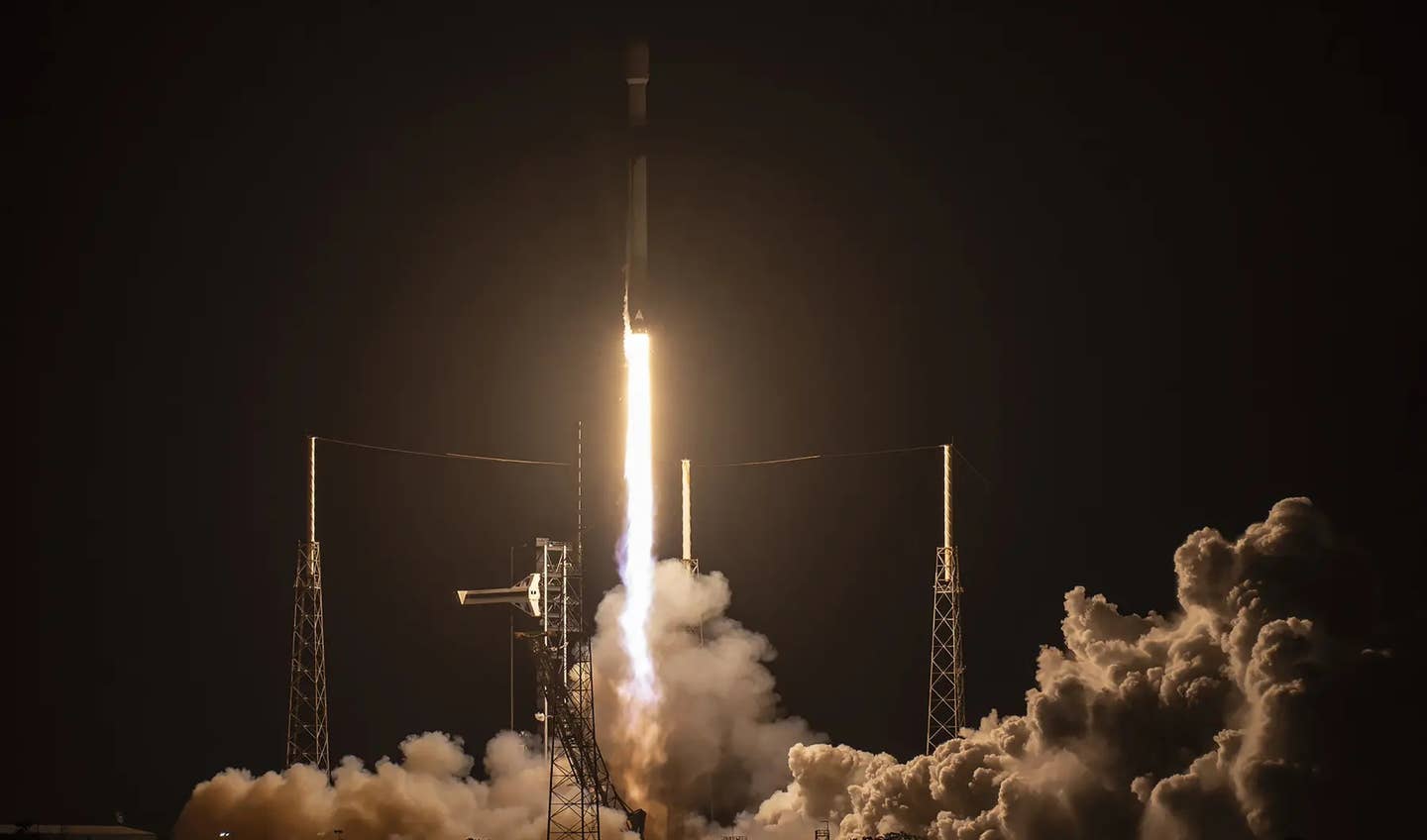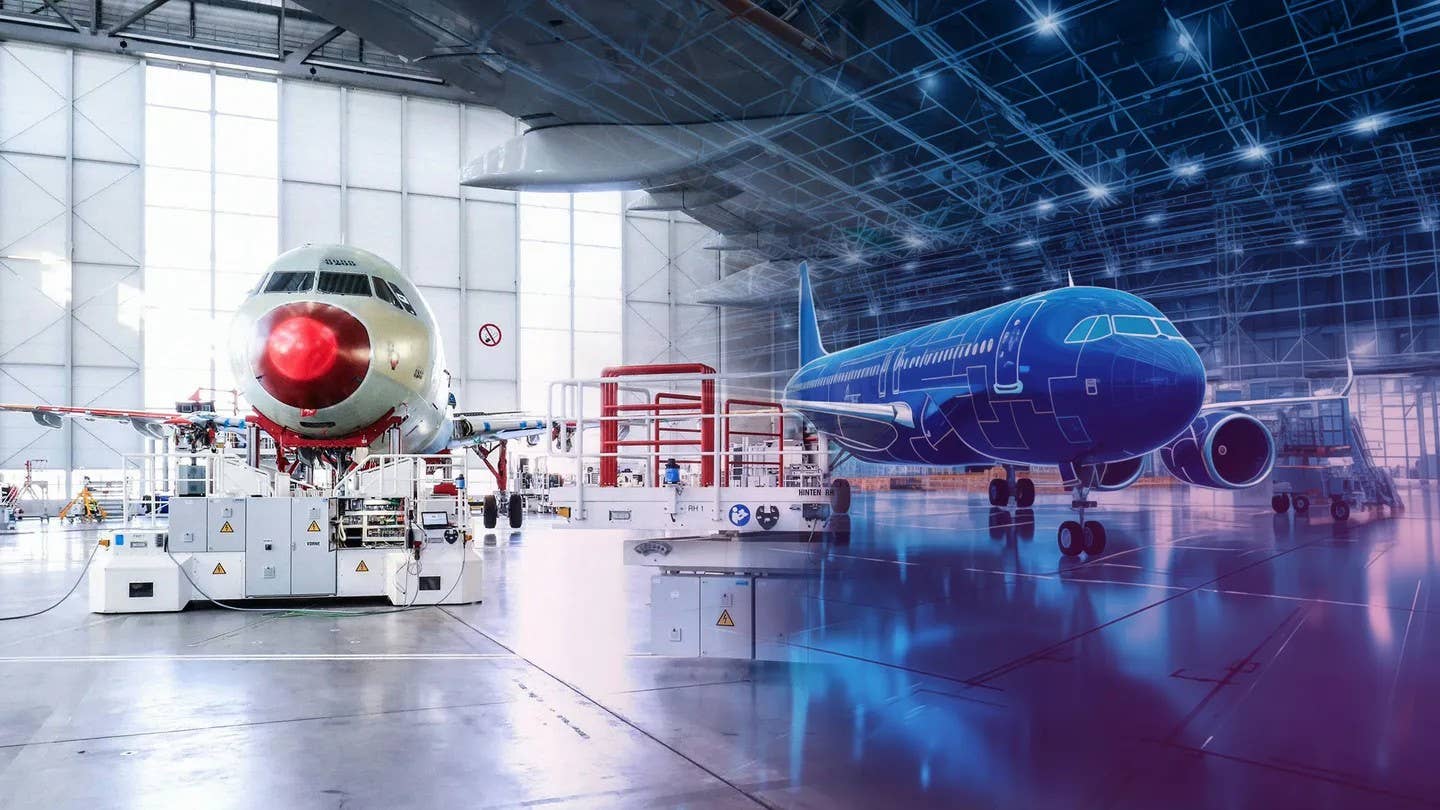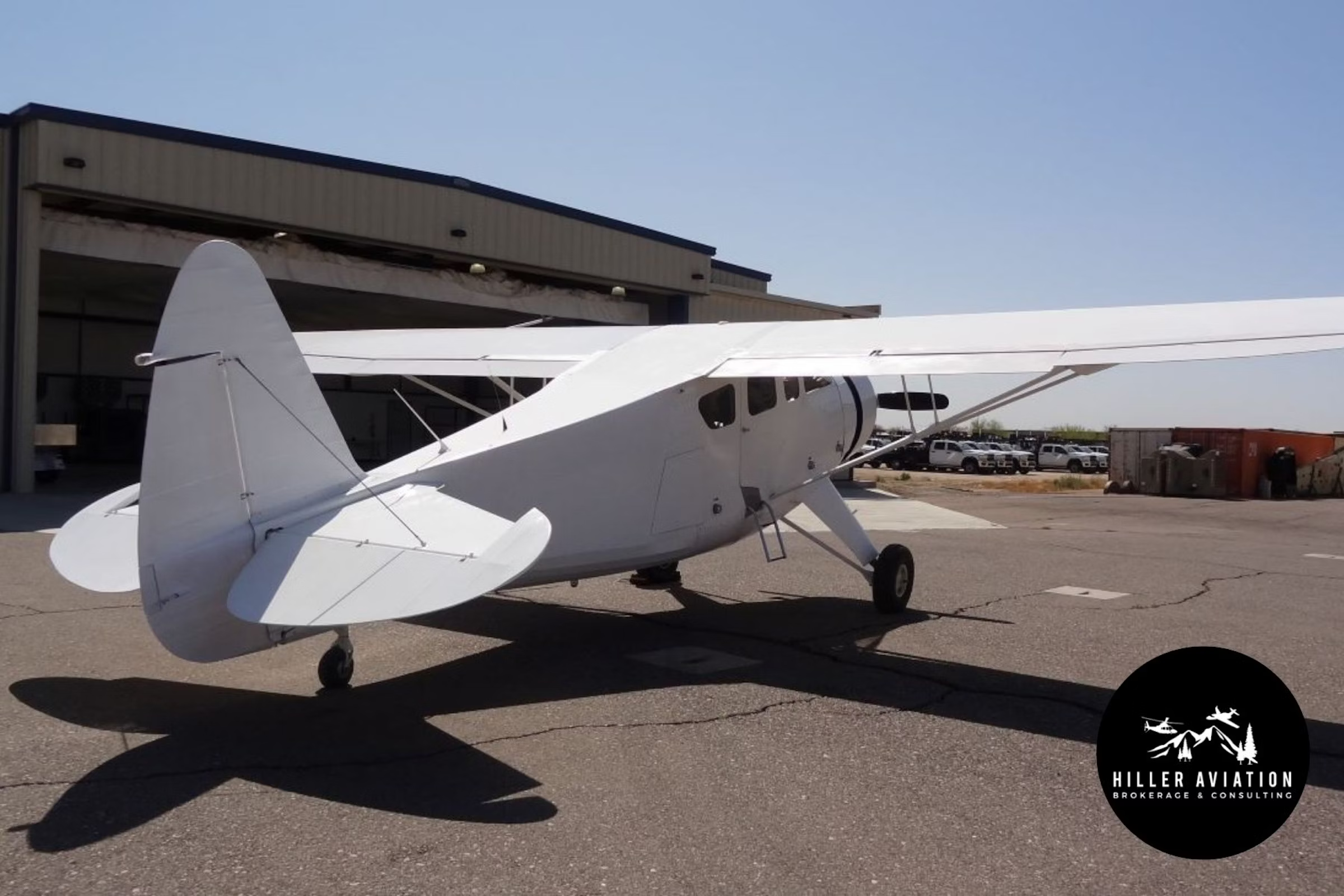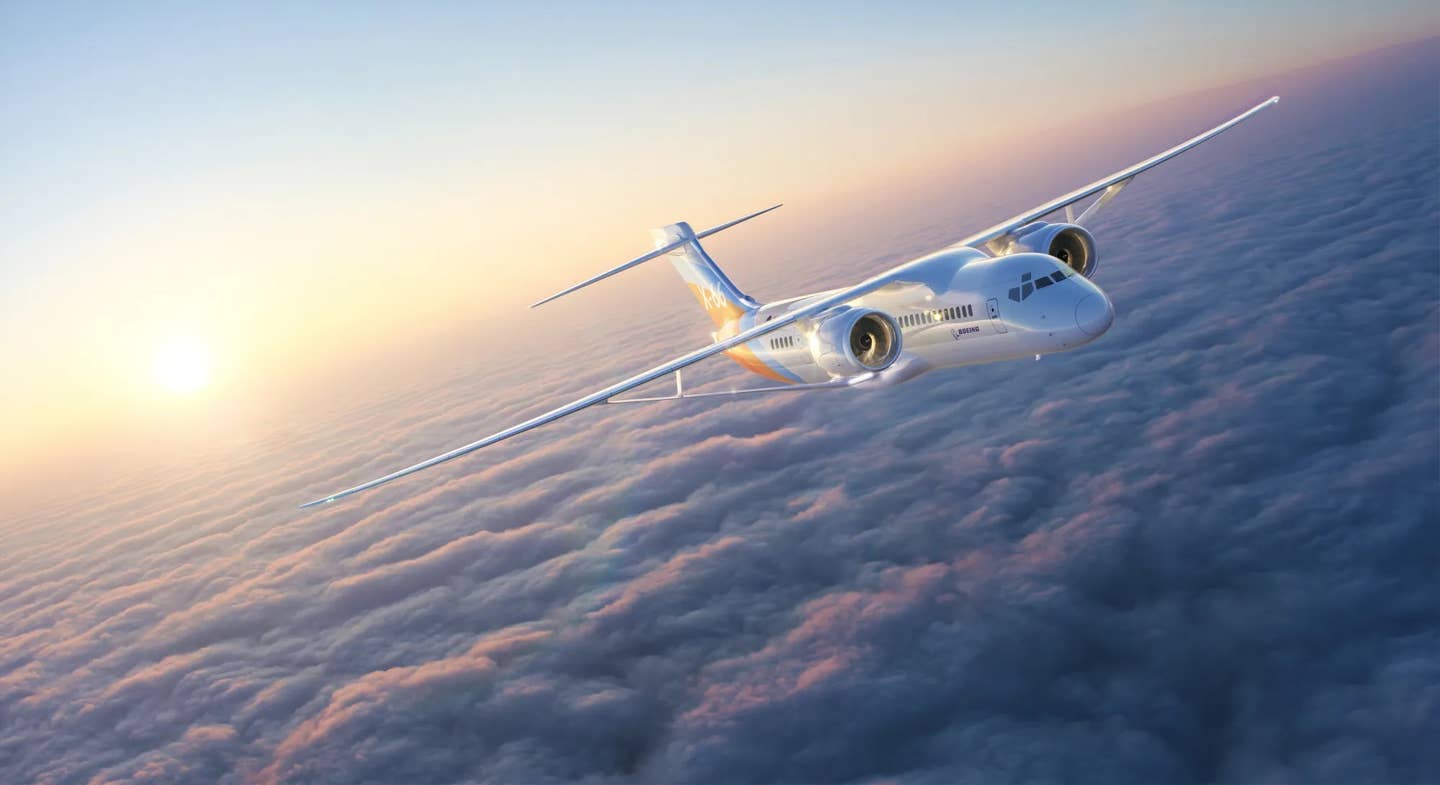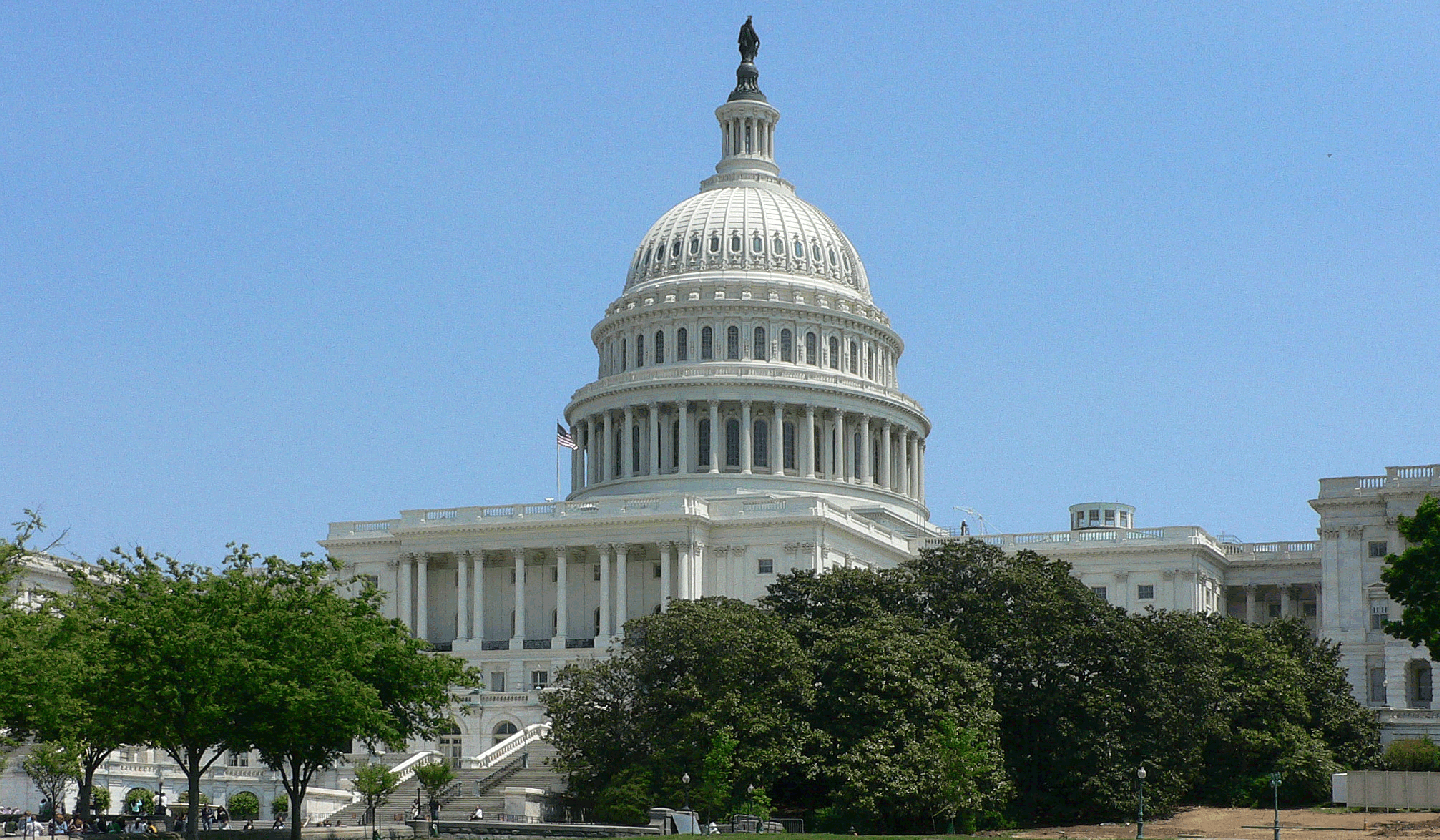
With the passing of a stopgap budget, the Essential Air Service program will continue through the end of the fiscal year. Wikimedia Commons
After coming to terms on a short-term bill that kept the federal government funded through last week, congressional leaders reached a full agreement on Sunday for a $1.07 trillion budget deal that will run through September 30, which is the end of the fiscal year. And, for now, the Essential Air Service program is one of the proposed cuts that will remain funded.
Among the budgets cuts the Trump administration proposed for the Department of Transportation in March was the elimination of $175 million in federal subsidies for commercial air service at rural airports in more than 170 communities. The White House's budget insisted that some communities were already close enough to major airports, and the rest should simply focus on utilizing on other modes of transportation. In all, Trump's budget would have cut 13 percent of the transportation budget; however, most of the buzz still revolves around ATC privatization.
EAS was created in 1978, during airline deregulation to assure small communities a minimal level of scheduled air service, while retaining a link to the National Air Transportation System, according to the DOT). Today, the DOT subsidizes 115 communities in the lower 48 contiguous states, as well as 60 communities in Alaska.
In the weeks since the elimination of EAS was proposed, the affected communities have made their cases for keeping the program in the budget. In Colorado, airport officials and aviation experts said the elimination of EAS would essentially mean the end of air service — and possibly airports — in communities like Pueblo and Cortez, as small airlines would have to determine whether or not it was worth it to continue service without subsidies.
In Missouri, Rep. Billy Long wrote that EAS is important because American Airlines' service to Joplin Regional Airport opens southwest Missouri to new people and businesses. Without EAS, he says, "the Joplin airport would likely have no commercial air service."

Sign-up for newsletters & special offers!
Get the latest FLYING stories & special offers delivered directly to your inbox

